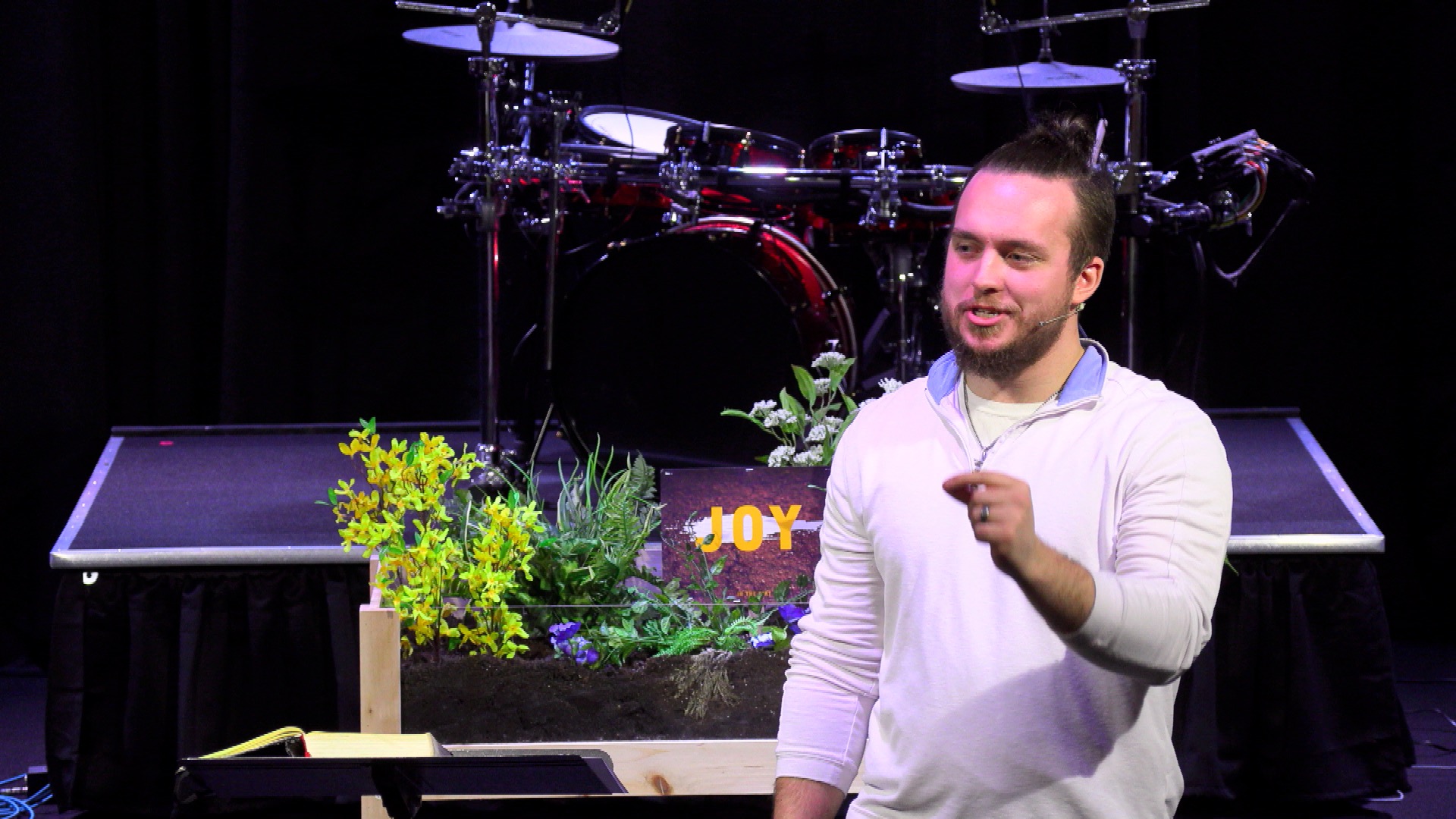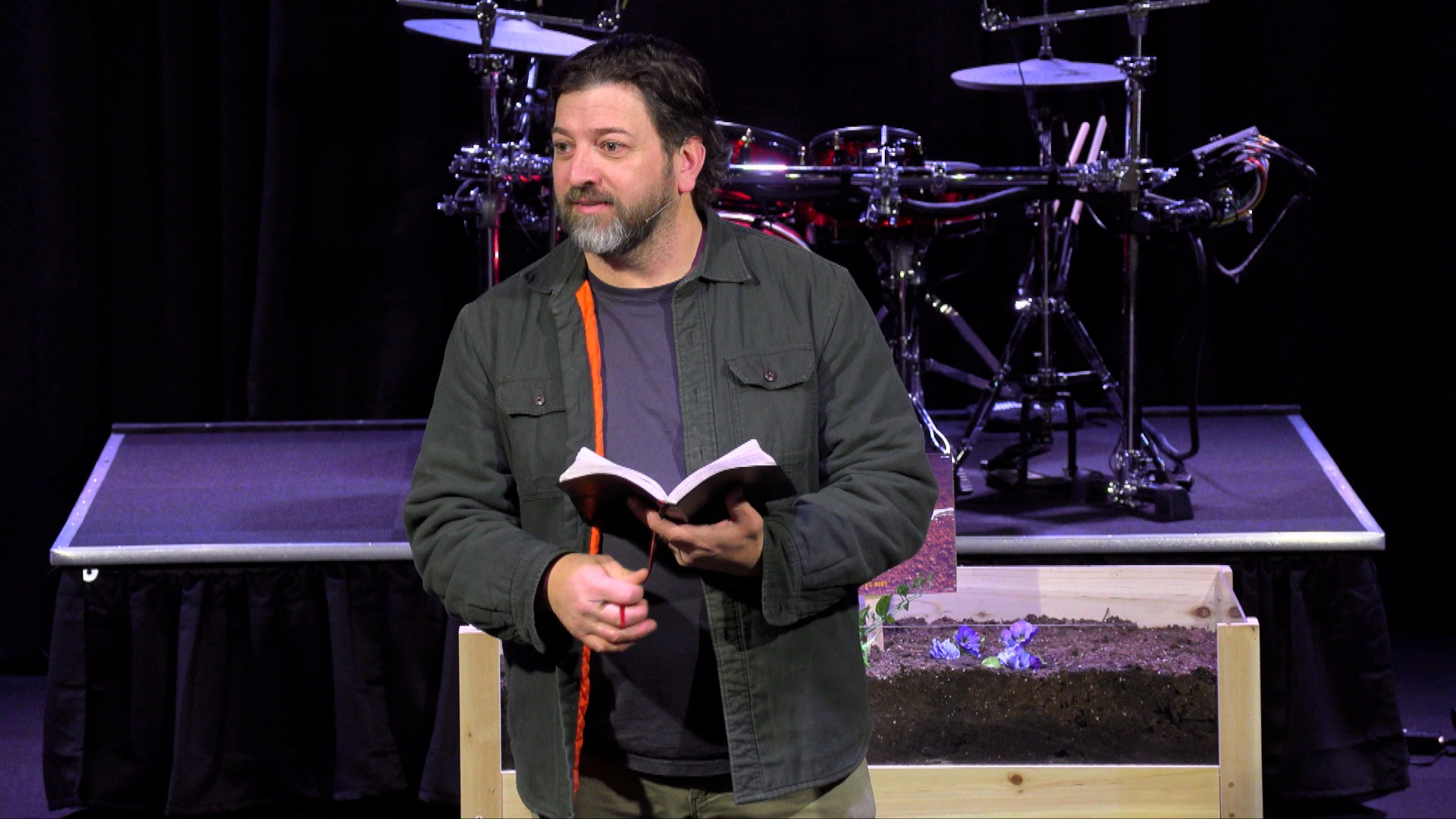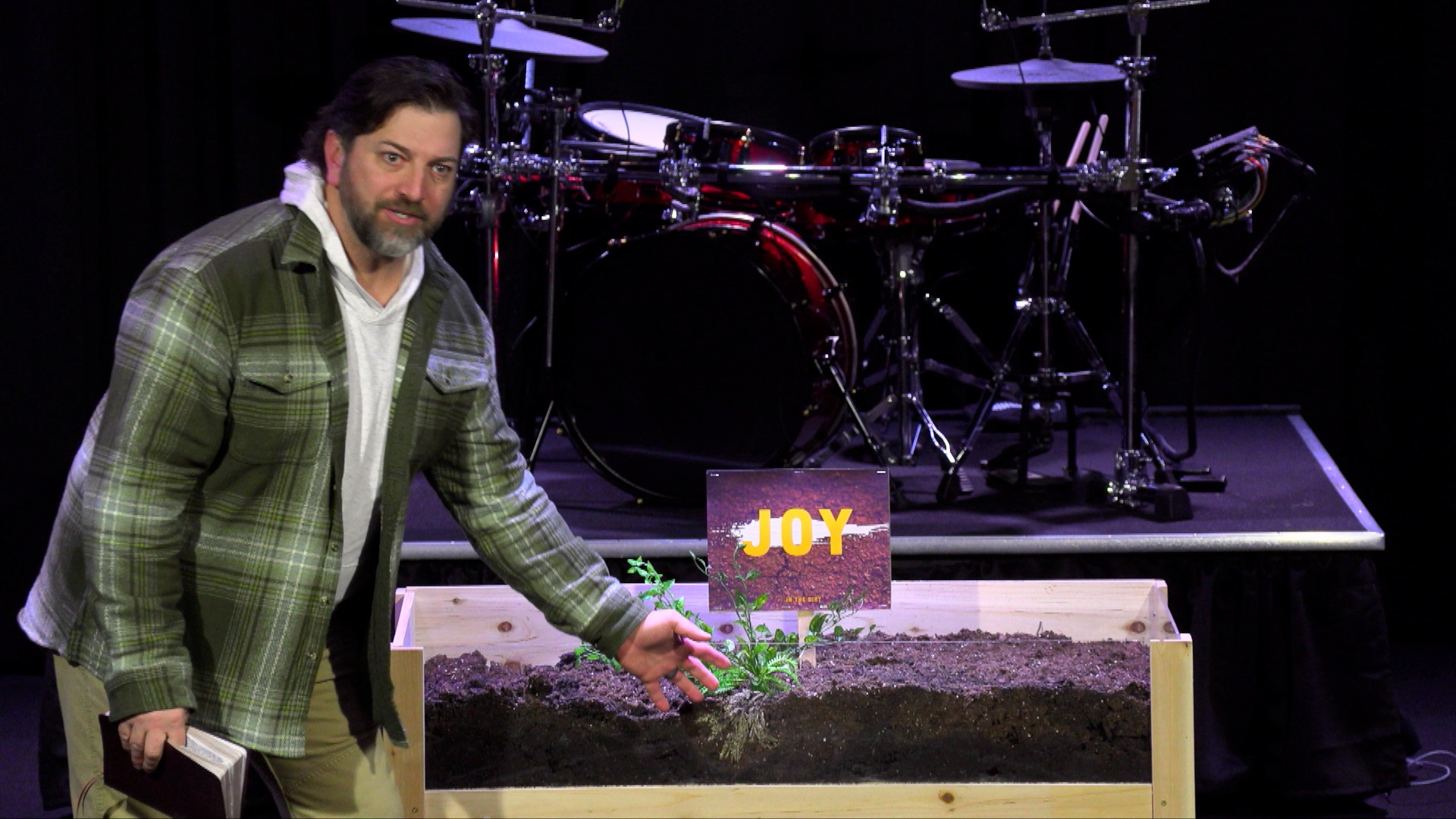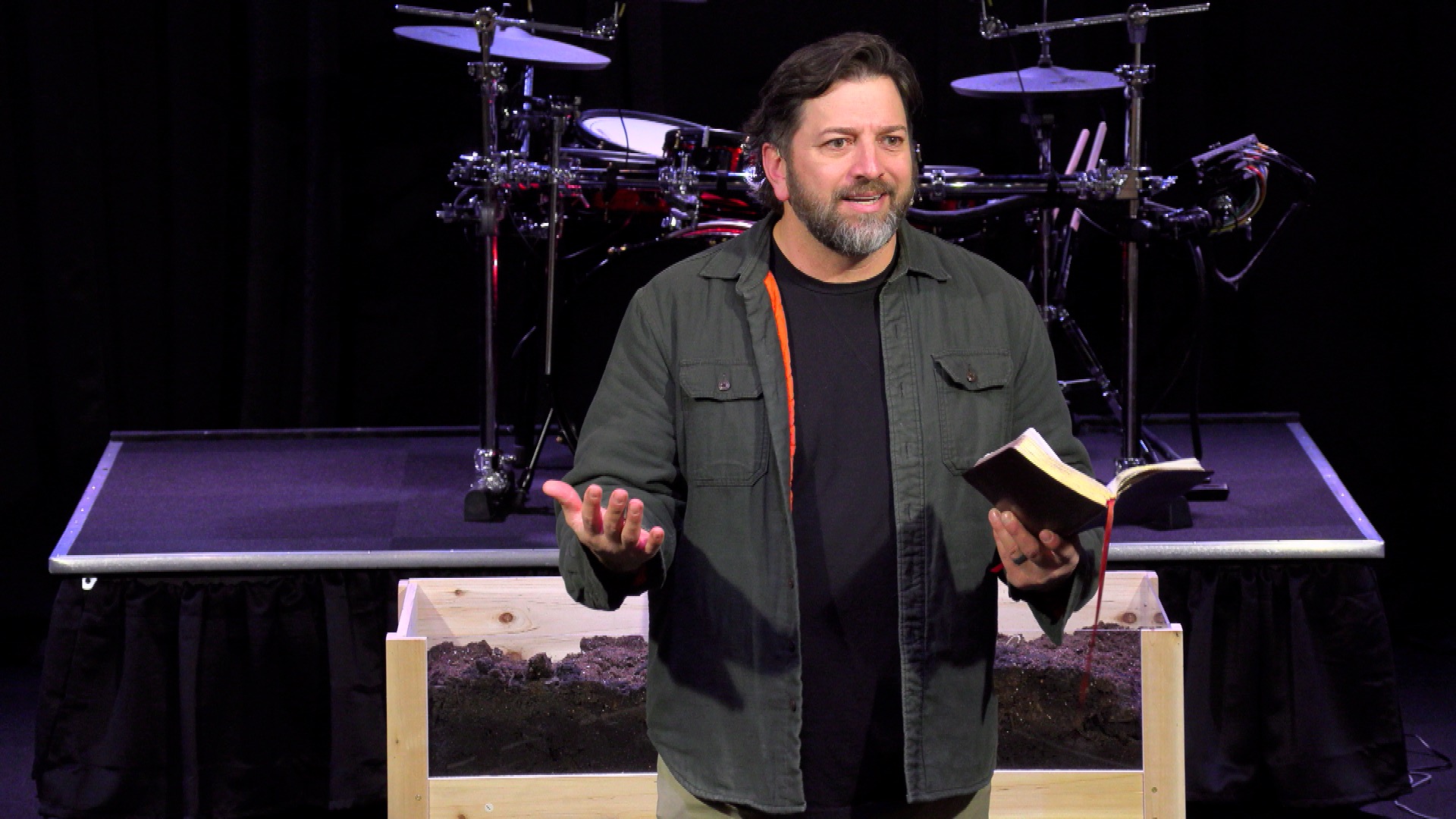Grace Orwigsburg
Sundays @ 9:00 and 10:30am
Grace Tremont
Sundays @ 9:00am
Grace Online
Sundays @ 9:00 and 10:30am
Experience the Hope of GOOD FRIDAY AND EASTER at Grace Free Church
LATEST TALK
The Lie That Starts Small
Small compromises rarely feel dangerous in the moment. It’s “just a” little bitterness, just a little scrolling, just a little secret, just a little drift. But spiritual and personal blow-ups don’t start with dramatic decisions—they start with subtle ones. The enemy rarely attacks head-on; he whispers, twists what’s good into something restrictive, and slowly blurs what used to feel clear. That quiet drift creates a predictable path toward brokenness. But the story doesn’t end there. From the very first crack, God has been offering a way back, and the path forward begins by anchoring yourself in truth, trusting God’s goodness, and choosing His voice over the one that only steals.
OTHER RECENT TALKS
- February 15, 2026
- Josh Daubert
- Joy in the Dirt
- Matthew 5; Romans 15:1–13; Philippians 2:3; 1 Thessalonians 2; 1 Thessalonians 2:8; Psalm 19; Ephesians 2; Ephesians 2:14–16; Romans 15:7; Romans 5; 1 Peter 1:3; Hebrews 6:19; Hebrews 12; Hebrews 12:1–3
- February 08, 2026
- Joshua Ott
- Joy in the Dirt
- Genesis 2:18; Ecclesiastes 4:1–12; Ecclesiastes 4:7–8; Ecclesiastes 4:9–12; Galatians 6:2; Hebrews 10:24–25
- February 01, 2026
- Joshua Ott
- Joy in the Dirt
- Lamentations 3:22–23; Psalm 118:24; Psalm 46:10; Psalm 23; Matthew 6:25–34; Ecclesiastes 3:1–13; John 10:10; Proverbs 28:1; Philippians 4:11–13; Mark 2:27
- January 18, 2026
- Josh Daubert
- Joy in the Dirt
- John 16:33; Philippians 4:4–9; Hebrews 13:8; Romans 8; 2 Corinthians 10:5; Romans 12:2; 1 Corinthians 11:1; Galatians 5; John 14:27
- January 11, 2026
- Joshua Ott
- Joy in the Dirt
- Psalm 65; Exodus 13:17–18; Isaiah 55:8–9; John 16:22; Romans 15:13; James 5:16; Psalm 1:3; Philippians 1:6
- January 04, 2026
- Joshua Ott
- Joy in the Dirt
- Psalm 63:1–11; Romans 8:38–39; John 4:14; Hosea 10:12; Philippians 1:6






